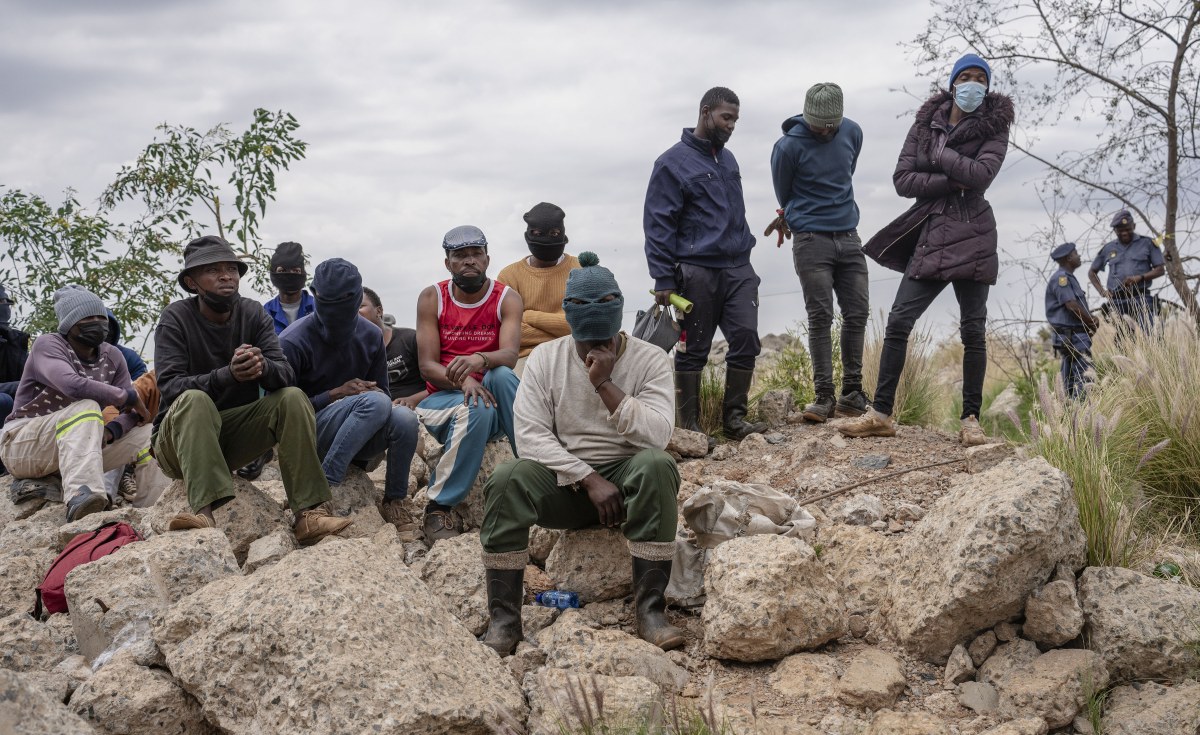Addis Abeba – A coalition comprising 23 Oromo community organizations in the United States has issued an open letter, urging the recommencement of halted peace talks between the federal government and the Oromo Liberation Army (OLA). The objective is to bring an end to the protracted conflict in the Oromia region, which has inflicted considerable suffering over the course of nearly five years.
The coalition comprises the Oromo Legacy Leadership & Advocacy Association, the Oromo Professionals Group, and the Oromo Support Group, among others.
The letter conveys a “deep-seated longing for the revival of peace negotiations” and a “genuine conviction that engaging in dialogue is the most effective path to conclude the distressing five-year conflict in Oromia.”
It makes reference to two prior rounds of discussions facilitated by regional authorities, which, regrettably, did not result in a ceasefire or a peace agreement.
Despite the challenges faced, the letter maintains an optimistic tone, asserting, “We believe the two sides are nearing a consensus and remain hopeful that an agreement is achievable.” It advocates for compromises, confidence-building measures by the government, and, at the very least, an immediate humanitarian ceasefire “for the sake of our people.”
The coalition cites regional mediator IGAD and US envoy Mike Hammer as affirming their ongoing commitment to facilitating productive talks. The letter urges them and other international stakeholders to “sustain their involvement and leverage their influence to initiate a fresh round of discussions aimed at resolving the outstanding issues.”
The Oromo organizations caution that, lacking external assistance, “neither side appears to muster the courage to re-engage in negotiations,” notwithstanding the urgent need for a “peaceful resolution of the conflict and the establishment of enduring peace in the region.”
The appeal to resume negotiations arises amidst ongoing clashes and instability in the region, resulting in the loss of civilian lives, the displacement of millions into precarious conditions, and widespread economic hardship.
Last month, the Global Oromo Interfaith Council, representing Oromo religious institutions worldwide, called on both sides to recommence negotiations that recently faltered in Tanzania.
In an open letter, they conveyed their disappointment that the talks did not produce results but encouraged both the government and OLA “to persevere in the dialogue for the well-being of their people.” Emphasizing the crucial importance of employing “rational and constructive dialogue for peace,” they expressed their support for the path to reconciliation. AS










